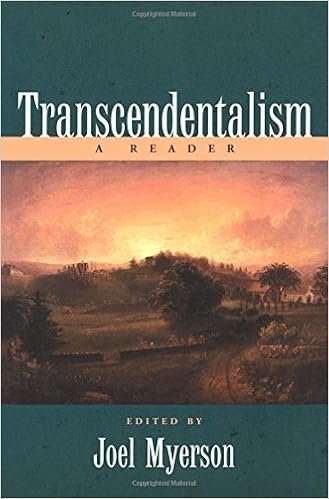
By Holly Jackson
Traditional understandings of the kin in nineteenth-century literary stories depict a honored establishment rooted in sentiment, sympathy, and intimacy. American Blood upends this suggestion, exhibiting how novels of the interval often emphasize the darker aspects of the vaunted family unit. instead of a resource of safety and heat, the relatives emerges as exclusionary, deleterious to civic existence, and hostile to the political company of the USA.
Through creative readings supported via cultural-historical examine, Holly Jackson explores serious depictions of the relations in a number either canonical and forgotten novels. Republican competition to the generational transmission of estate in early the USA emerges in Nathaniel Hawthorne's the home of the Seven Gables (1851). The "tragic mulatta" trope in William Wells Brown's Clotel (1853) is printed as a metaphor for sterility and nationwide loss of life, linking mid-century theories of hybrid infertility to anxieties about the nation's quandary of political continuity. A outstanding interpretation of Harriet Beecher Stowe's Dred (1856) occupies a next bankruptcy, as Jackson uncovers how the writer so much linked to the enshrinement of household kinship deconstructs either medical and mawkish conceptions of the relations. a spotlight on feminist perspectives of maternity and the relations anchor readings of Anna E. Dickinson's What solution? (1868) and Sarah Orne Jewett's the rustic of the Pointed Firs (1896), whereas a bankruptcy on Pauline Hopkins's Hagar's Daughter (1901) examines the way it engages with socio-scientific discourses of black atavism to reveal the family's function no longer easily as a metaphor for the country but in addition because the mechanism for the copy of its unequal social relations.
Cogently argued, sincerely written, and anchored in unconventional readings, American Blood offers a chain of energetic arguments that might curiosity literary students and historians of the kin, because it finds how nineteenth-century novels imagine-even welcome-the decline of the relations and the social order that it helps.
Read Online or Download American Blood: The Ends of the Family in American Literature, 1850-1900 PDF
Similar American Literature books
Selected by way of Eliot himself, the poems during this quantity signify the poet’s most vital paintings earlier than 4 Quartets. incorporated here's one of the most celebrated verse in glossy literature-”The Love tune of J. Alfred Prufrock,” “Gerontion,” “The Waste Land,” “The hole Men,” and “Ash Wednesday”-as good as many different fantastic decisions from Eliot’s early paintings.
"Something Dreadful and Grand": American Literature and The Irish-Jewish Unconscious
Complicated analogies among Irish and Jewish historical past, among Irish and Jewish subjectivities, take place with remarkable frequency all through American literature. They remember James Joyce's Leopold Bloom and episodes of Ulysses, Douglas Hyde's analogies throughout the Celtic Revival among studying Hebrew and studying Irish, and a myriad of claims of an strange courting among those peoples that is going past comparisons in their respective diasporic histories.
The transcendentalist flow is mostly well-known to be the 1st significant watershed in American literary and highbrow heritage. Pioneered by means of Emerson, Thoreau, Orestes Brownson, Margaret Fuller, and Bronson Alcott (among others), Transcendentalism supplied a springboard for the 1st surprisingly American forays into highbrow tradition: faith and spiritual reform, philosophy, literature, ecology, and spiritualism.
Surface and Depth: The Quest for Legibility in American Culture
The belief of a standard American tradition has been in retreat for a new release or extra. Arguments emphasizing distinction have discredited the grand artificial stories that marginalized teams and views at odds with the grasp narrative. floor and intensity: the hunt for Legibility in American tradition is a clean try to revitalize an interpretive evaluate.
Additional resources for American Blood: The Ends of the Family in American Literature, 1850-1900



